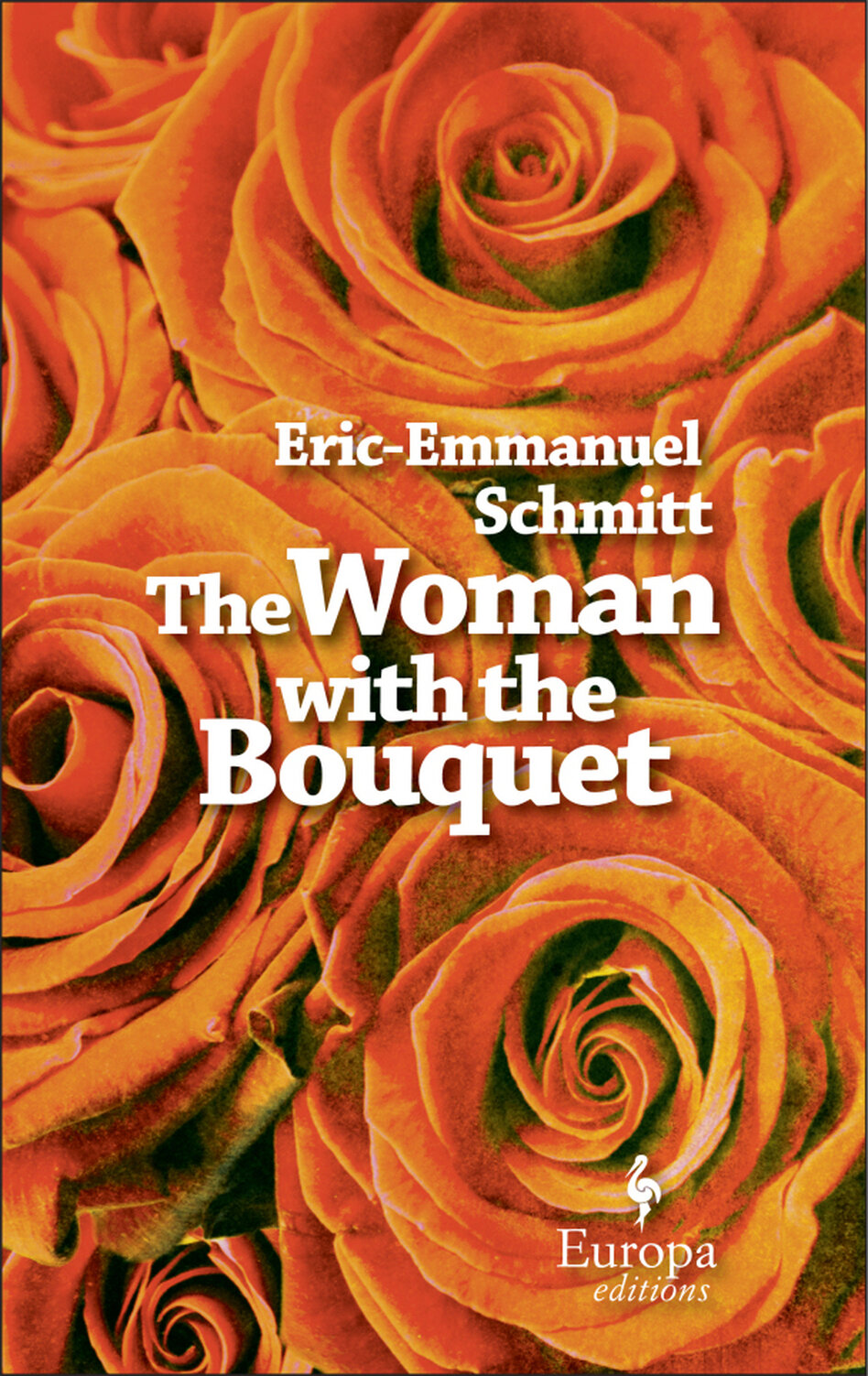“Ever has it been that love knows not its own depth until the hour of separation.”
- Khalil Gibran
Of all the complex emotions that separate the homo sapiens from the rest of the species, love remains - after a millennia of evolution - the hardest to define, yet the simplest to experience. History overflows with reams of parchment, ink, musical notes, paint and countless other media that have all been employed by artists in the single-minded pursuit of this elusive wisp. But, as in the tale of the blind men and their elephant, our perception of love, when viewed through the lens of such works, gives us but a tiny glimpse into the mysterious machine that fuels most of our existence.
Eric Emmanuel-Schmitt's "The Woman with the Bouquet" is a superlative collection of short stories (and a novella) that take us on a tour of this enigmatic landscape, but forgoes all the tourist traps. This is a journey through the wilder, somewhat darker and deeper parts of human psyche that shake, jolt, rattle and in general string us up in the most surprising ways possible. We emerge bloodied, battle scarred (for life), albeit richer in our ability to experience and understand the various facets of love. Make no mistake though - you will lose a part of yourself in these stories - you will never be whole again! And that, is a GOOD thing!
Eric Emmanuel-Schmitt's "The Woman with the Bouquet" is a superlative collection of short stories (and a novella) that take us on a tour of this enigmatic landscape, but forgoes all the tourist traps. This is a journey through the wilder, somewhat darker and deeper parts of human psyche that shake, jolt, rattle and in general string us up in the most surprising ways possible. We emerge bloodied, battle scarred (for life), albeit richer in our ability to experience and understand the various facets of love. Make no mistake though - you will lose a part of yourself in these stories - you will never be whole again! And that, is a GOOD thing!
We encounter "The Dreamer from Ostend" in the opening novella, an old woman who refuses to move with time. Surrounding herself with books of classic literature, she refuses to open a door to any contemporary influence, clinging on to her only remaining thread to a past that was filled with love. Until, she encounters the narrator, a young writer who has come away from his past after a romantic breakup. After a few terse encounters, she finally relents and opens up to him about her past - a life so full of fantastical incidents that he refuses to believe in them, until it is too late.
In "Perfect Crime," Schmitt tackles the difficult transition of insecure, lifelong love morphing into a deadly obsession, and the tragedy that inevitably results from such a change. Without spoiling the story, suffice it to say that it has a bittersweet ending that may stay with you for a long long time.
"Getting Better" is a double entendre that describes the two protagonists in the story about a blind, paralyzed patient and his plain-jane Parisian nurse. Their encounter sets up a chain of events that irrevocably changes their lives, perhaps for the better?
"Trashy Reading" is a tragicomedy, a black satire on the effects of a lifetime of abstinence and the flood of complex emotions that usually follows a brief exposure to the forbidden substance. Schmitt is masterful in this tale, weaving a fast-paced narrative through the world of an uptight, bibliophile professor who is initiated into The Chamber of Dark Secrets, by his cousin on a holiday trip.
The final story is the titular tale of a woman who has been showing up on a platform in Zurich station, a bouquet in her hand, for fifteen years. Who is she waiting for, and why wait for such a long time? Schmitt channels the reader's curiosity through the eyes of a group of young adults who speculate if her daily ritual is a sign of loyalty or a desperate plea of resignation? Although the smallest story in terms of pages, it is also the deepest exploration of the subject by the author.
Alison Anderson works up her magic translator machine once again, and delivers the narration in an almost lyrical prose that captures the ethos of the stories, while resisting the easy slide into mushy-ness. The prose is hard-hitting, and visceral, with a calculated effort to translate not only Schmitt's words, but his style de narration.
Highly recommended!
Highly recommended!

